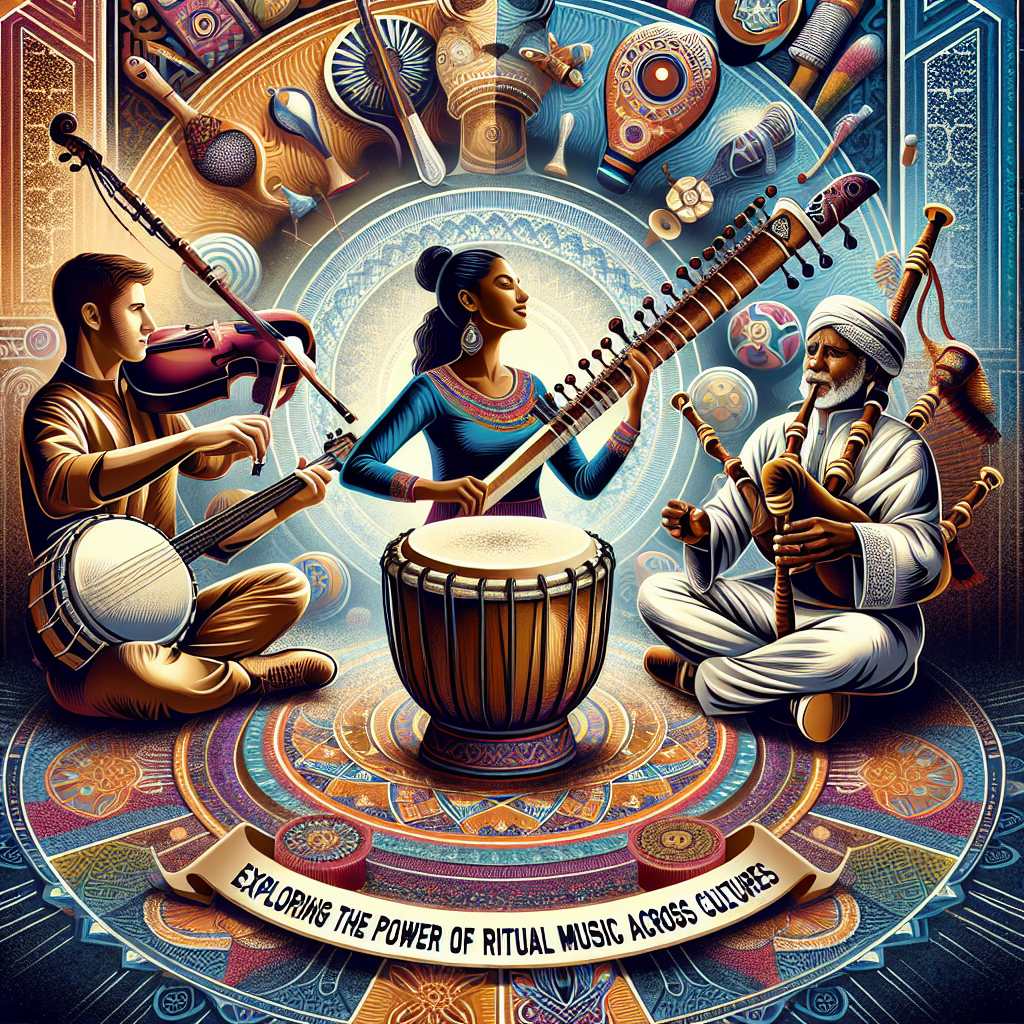Sufi music, the mystical genre of music originating from the Sufism movement, holds a unique place in the history and development of world music. Rooted in the teachings of Sufism, a mystical tradition within Islam, Sufi music seeks to unite its listeners with the divine through beautiful verses and soul-stirring melodies.
Origins of Sufi Music
Sufi music has deep roots and can trace its origins back to the early periods of Islamic civilization. Sufi philosophy, with its profound understanding of mysticism, stressed the connection between the human and the divine. It emphasizes spiritual enlightenment through direct experience and knowledge of God rather than through textual study alone. The idea of conveying these teachings through music became popular among the Sufis as music is a medium that transcends boundaries and unites hearts. Therefore, Sufi music became an essential component of Sufi teachings and practices and played a vital role in communicating the messages of love, harmony, and unity to the masses.
Characteristics of Sufi Music
Sufi music is characterized by its intense and emotional melodies that are supposed to provoke a sense of longing for the divine. It consists of chants, hymns, and poetic verses recited over instrumental music. The most characteristic element of Sufi music is ‘Samā’ which is spiritual listening. It is the practice of listening to music and chanting to intensify the mystic’s perception of God.
Sufi music takes many forms depending on the region it originates from. The Ghazals of the Indian Subcontinent, Qawwali music popularized by artists like Nusrat Fateh Ali Khan and the Whirling Dervishes of Turkey – all of these are storytelling modes of Sufi music, imbued with the spirit of seeking the divine. Regardless of the form it takes, Sufi music consistently seeks to open hearts and minds, and to help listeners connect with the divine within and around them.
Impact of Sufi Music
Sufi music’s impact has been significant both within and outside Islam. It has not only brought diverse groups of people together but also served as a vehicle to express their shared aspirations for spiritual profundity and communion with the divine. Sufi music has crossed religious and cultural boundaries and has found resonance across the globe, from East to West.
The Future of Sufi Music
With its alluring poetry and soulful melodies, Sufi music continues to enchant audiences worldwide in the 21st century, despite changes in musical tastes and trends. It remains a bridge between ancient tradition and modern living, constantly being reinvented and contemporized while retaining its spiritual essence.
Conclusion
The air filled with Sufi music is not just sound waves but a mystical embrace that transcends the physical to touch the soul. The mystical harmony of Sufi music is a testament to the power of music to reach beyond the bounds of everyday experience and connect the listener with something infinitely larger and more profound. A journey into the world of Sufi music is indeed a journey into the soul, exploring the deepest forms love, passion, and divine connection. As Rumi, the thirteenth-century Persian poet and Sufi mystic, famously said, “Music is the language of the spirit. It opens the secret of life bringing peace, abolishing strife.”
FAQs
1. What is the significance of Sufi music?
Sufi music is used to create an environment of peace, tranquility, and spirituality, and to express the devotion of the Sufis towards the divine.
2. Is Sufi music confined to a specific culture or region?
No, Sufi music is not limited to a specific culture or region. Although it originated from the Sufism movement within Islam, it has spread to all parts of the globe and appeals to different cultures and religions.
3. Who are some famous Sufi musicians?
Artists such as Nusrat Fateh Ali Khan, Abida Parveen, and Rumi are celebrated for their contribution to the genre of Sufi music.
4. Is Sufi music only religious?
While Sufi music deeply rooted in Islamic mysticism, it transcends religious boundaries and appeals to the universal human experience of seeking connection with the divine, regardless of religious affiliation.
5. What instruments are commonly used in Sufi music?
Sufi music usually involves a range of instruments, including harmonium, tabla, dholak, and sitar.




